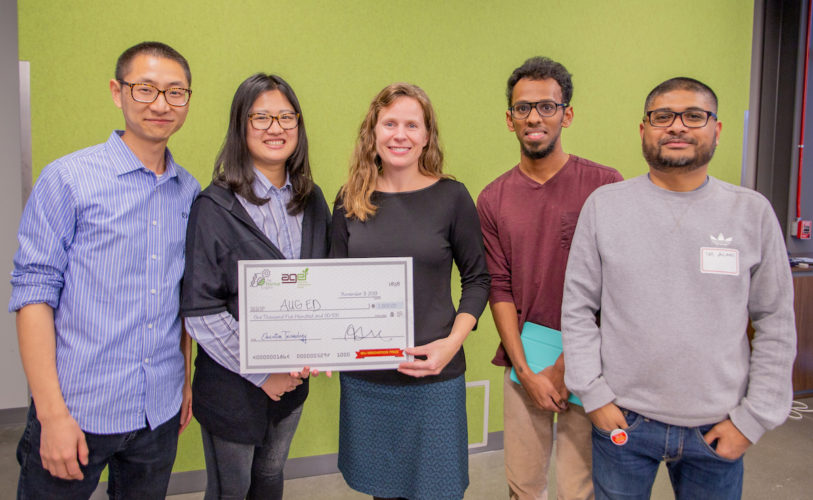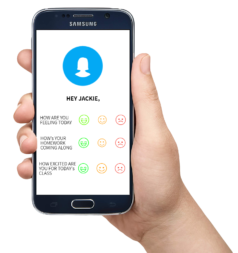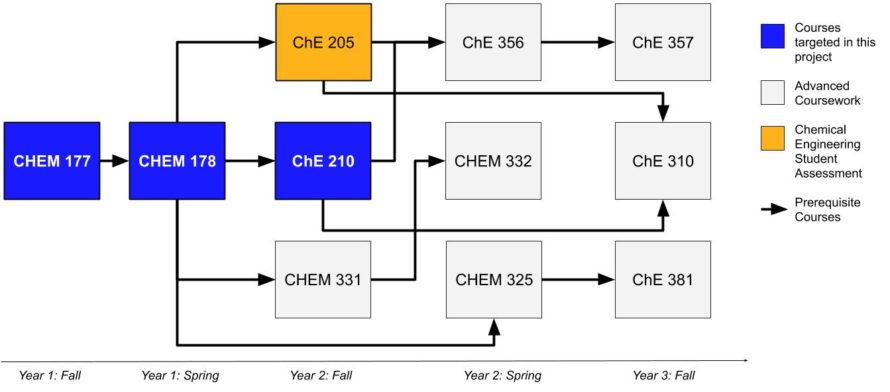 The ISU Pappajohn Center for Entrepreneurship and Agricultural Entrepreneurship organized the event “The ISU Innovation Prize” on the weekend of November 8-9, 2019. It was facilitated at the ISU Economic Development Core Facility in ISU Research Park. There were three focus areas for participants to work on, AgTech, EdTech, and Global Impact. Dr. Larysa Nadolny and her team (Chuanli Zhou, Imtiajul Alam, Long He, and Ramanathan Annamalai) won the first prize in EDTech category.
The ISU Pappajohn Center for Entrepreneurship and Agricultural Entrepreneurship organized the event “The ISU Innovation Prize” on the weekend of November 8-9, 2019. It was facilitated at the ISU Economic Development Core Facility in ISU Research Park. There were three focus areas for participants to work on, AgTech, EdTech, and Global Impact. Dr. Larysa Nadolny and her team (Chuanli Zhou, Imtiajul Alam, Long He, and Ramanathan Annamalai) won the first prize in EDTech category.
The challenge for EdTech was as follows:
How do we design & reinvent learning for a better experience (quality & value) in an age of accelerating technology?
Dr. Nadolny and her team worked on augmented reality technology for middle and high school students’ quick assessment and support in the classroom. In a traditional classroom, there are often too many students to be taken care of by a single instructor. It is even harder for a teacher to spot a student who is struggling for a specific day. It has been established in numerous studies that middle and high school students struggle for a period of time before they drop out of school. Absence in the class, failing to finish homework, feeling less motivated, and lack of confidence are some of the signs and behavioral pattern of struggling students.
In the proposal, students will fill up a short questionnaire in a tablet answering their homework, motivation, feelings, and level of confidence. Hence, once the class started all the data are ready in a server for the class teacher. The class teacher will wear a google glass where the teacher can see those surveys at a glance and can spot struggling students immediately as the survey result will be displayed graphically on google glass screen. The teacher then can prioritize the students based on their specific needs and challenges and help them succeed.
In the U.S., every fifteen seconds there is a student drop out which has been resulting in 1.2 million of total drop out every year. The lack of motivation, not feeling attached to the school, missing homework, and high absence are few of the proven signs and trends of school dropout. The proposed early detection system will help class teacher to spot struggling students and help them connect with academic, administrative, and other available resources through augmented reality apps using google glass.

 The retention of students pursuing chemical engineering degrees is essential to the future science, technology, engineering, and mathematics (STEM) workforce, but failure in introductory coursework is a barrier to degree persistence and completion. The goal of this project is to establish effective strategies for the application of gamification in courses that appear early in the chemical engineering curriculum, supporting the retention of students in the major and the graduation of chemical engineers. This will be achieved through the development of a chemistry and chemical engineering focused dashboard that is integrated within an online learning management system that includes gamification tools (i.e., leaderboard, badges, and rewards). The results from this project will contribute to the understanding of the motivating factors afforded by gamification in chemical engineering coursework, and also provide foundational knowledge for applying gamification to courses in other STEM fields.
The retention of students pursuing chemical engineering degrees is essential to the future science, technology, engineering, and mathematics (STEM) workforce, but failure in introductory coursework is a barrier to degree persistence and completion. The goal of this project is to establish effective strategies for the application of gamification in courses that appear early in the chemical engineering curriculum, supporting the retention of students in the major and the graduation of chemical engineers. This will be achieved through the development of a chemistry and chemical engineering focused dashboard that is integrated within an online learning management system that includes gamification tools (i.e., leaderboard, badges, and rewards). The results from this project will contribute to the understanding of the motivating factors afforded by gamification in chemical engineering coursework, and also provide foundational knowledge for applying gamification to courses in other STEM fields.